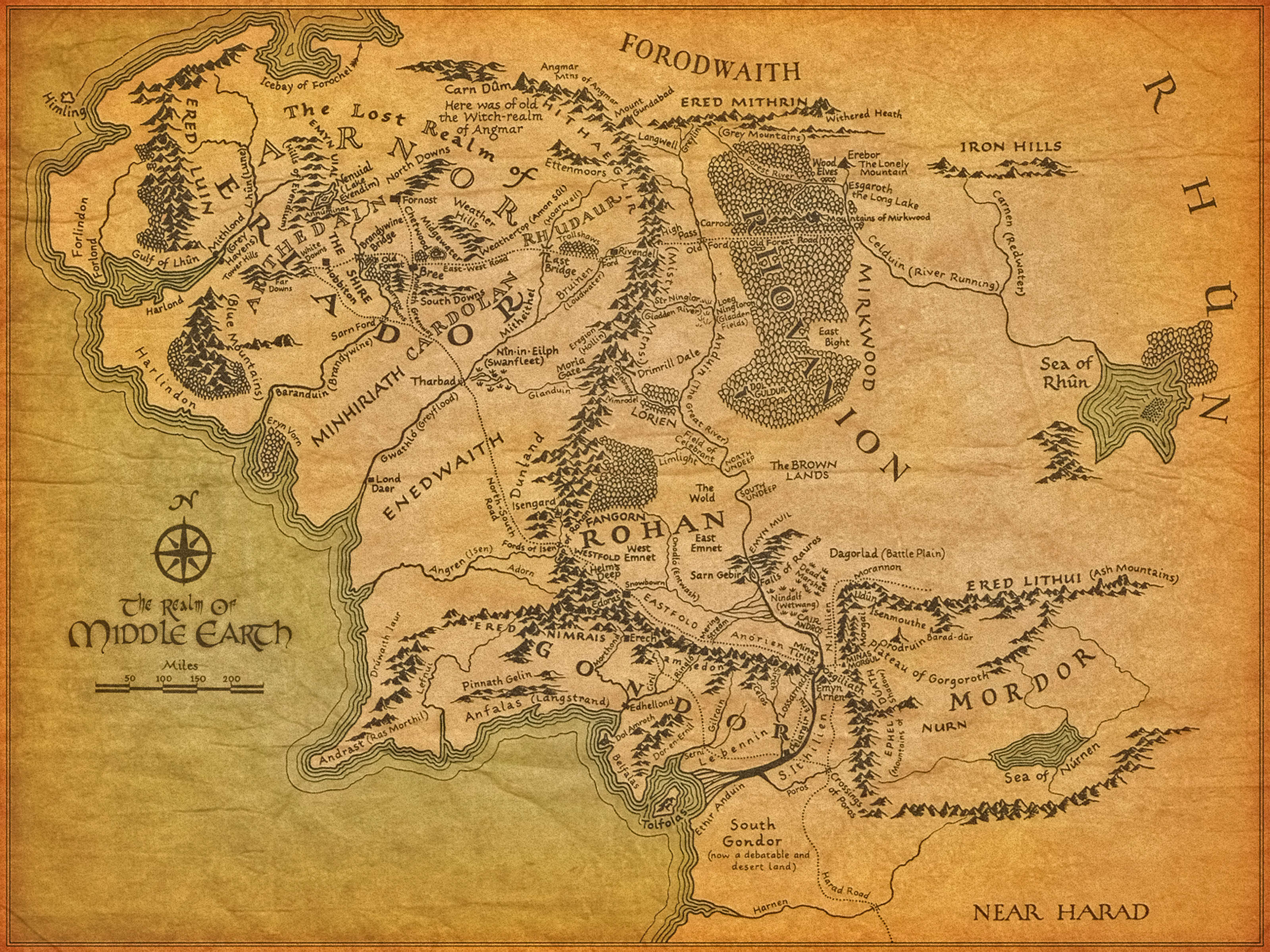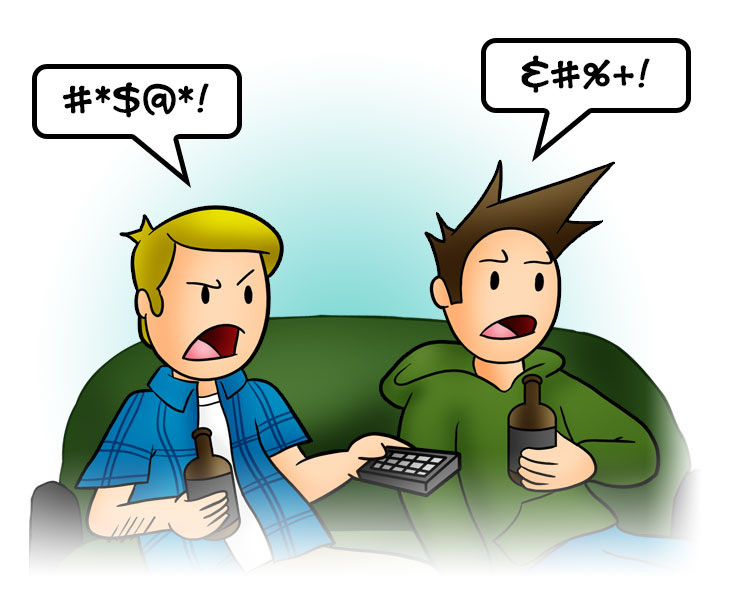 Many of my readers will soon take a vacation or, if British, a holiday. Some will study abroad or go on sabbatical (a future Word of the week). All of these temporary absences count as a sojourn, a nice word for this time of year. I’m currently finishing my sojourn to J.R.R. Tolkien’s Middle Earth, one I have taken every decade since my early teens.
Many of my readers will soon take a vacation or, if British, a holiday. Some will study abroad or go on sabbatical (a future Word of the week). All of these temporary absences count as a sojourn, a nice word for this time of year. I’m currently finishing my sojourn to J.R.R. Tolkien’s Middle Earth, one I have taken every decade since my early teens.
Usage is really old for this word. The OED records several Fourteen Century examples, most with variant spellings. The etymology sketched out includes a few Romance languages but not any Latin term, though at Etymology Online there’s an hypothesis that our word comes from the vulgar Latin subdiurnare “to spend the day.” All definitions refer to either a temporary stay somewhere, the place itself, or merely a digression. Thus for me, my year in Madrid was a sojourn before starting graduate school, yet Segovia nearby was itself a quiet sojourn from the hectic life of the Spanish metropolis.
Graduates, what of your gap year before the grind of working life? You will never forget that sojourn.
For the rest of you, as the humidity in Virginia rises in June and continues through August, where will your sojourn be? How long will you be away? And what do you bring back from that temporary change of scenery? Finally, can you find a sojourn in the pages of a book or while watching a film? At present, my sojourn is with Frodo Baggins in Middle Earth, as real an imaginary place as any in fiction.
Keep in mind that at the end of Lord of the Rings, Frodo makes not a sojourn but a permanent departure for the uttermost West, across the ocean. He will never return. But I hope you will!
Please nominate a word or metaphor useful in academic writing by e-mailing me (jessid -at- richmond -dot- edu) or leaving a comment below.
See all of our Metaphors of the Month here and Words of the Week here.
Map of Middle Earth courtesy of Wikipedia Commons.










